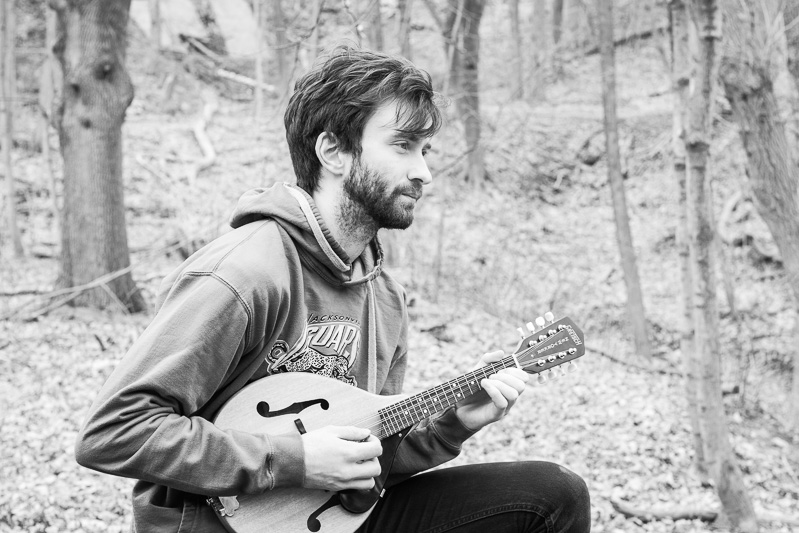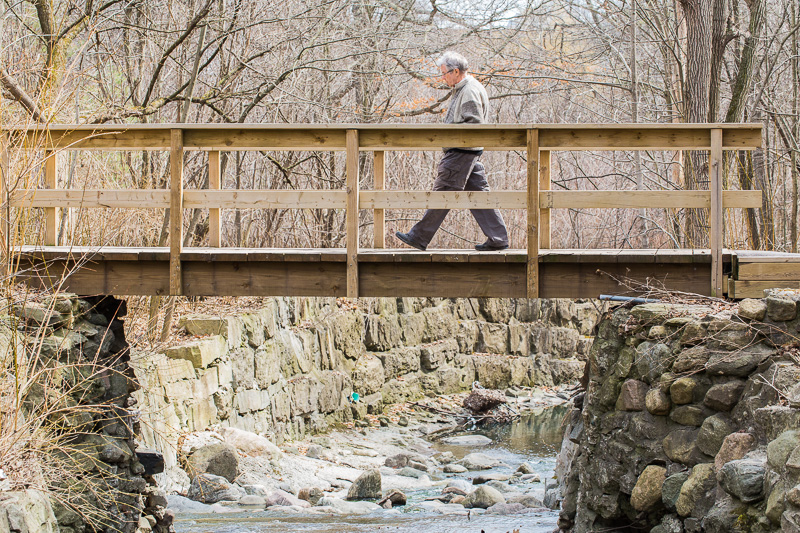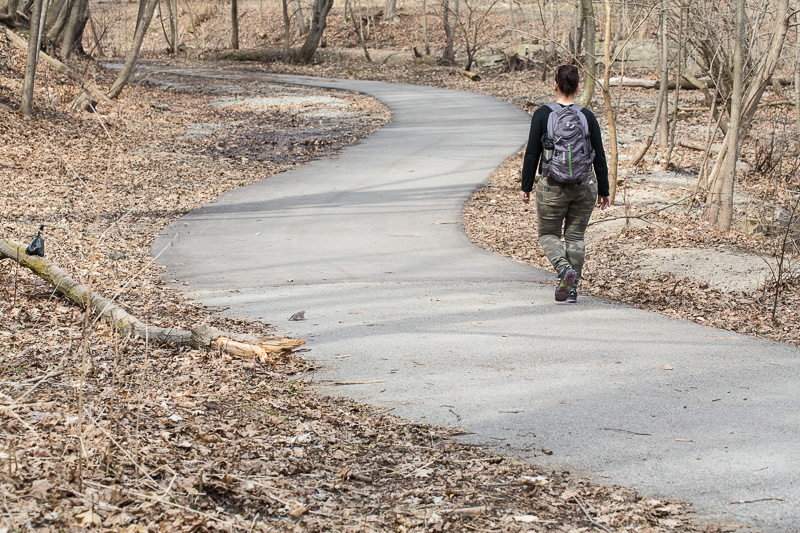Despite the luridity of Toronto’s literary imagination (I know there’s no such word as luridity but it seems to work), its ravines aren’t always the dark repositories of our unconscious desires. In a previous post, I wrote about how (literary) bodies end up in Toronto’s ravines, as one did in Margaret Atwood’s The Blind Assassin and another in Timothy Findley’s Headhunter. I’m also mindful of Paul Quarrington’s novel called (surprise, surprise) Ravine in which a childhood trauma in a Toronto ravine affects relationships and behaviour in adulthood. While a novel may map the topography of literary worlds, one should be wary of drawing too literal a connection between that topography and the ground we tread in our everyday lives.

For example, the other day, I encountered a young man playing a mandolin near the entrance to the culvert that diverts Yellow Creek under Mount Pleasant Avenue. Stumbling on a guy playing a mandolin in the woods is a far cry from stumbling on a body. I wanted to interrupt him and explain that, only a couple hundred metres to the north, Laura had plummeted into the creek and died in a fiery wreck. The fact that Laura is a fictional character seems a mere technicality. And yet it’s an important technicality, especially if I want to avoid strange looks from young men playing mandolins in the woods.

In The Gutenberg Galaxy, Marshall McLuhan challenges the idea of the unconscious mind. According to McLuhan, the shift to predominantly visual media (like photography, text, video) has come at the expense of other media. As we have lost the capacity to express ourselves in non-visual media, we have constructed a repository for all our inexpressible desires/fears/rages/demands and called it the unconscious mind. What would have seemed natural as poetry or a fairy tale seems inaccessible or emotionally violent, so we go to a therapist instead and enlist professional help to name what we have lost the capacity to name.

I don’t know how much credence we should give to Marshall McLuhan these days. But I do know that it’s far cheaper simply to walk through a ravine than to spend an hour each week with a therapist.